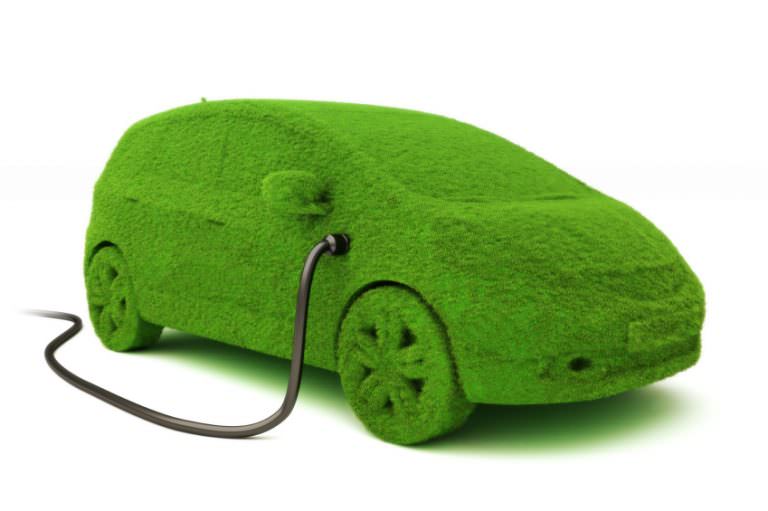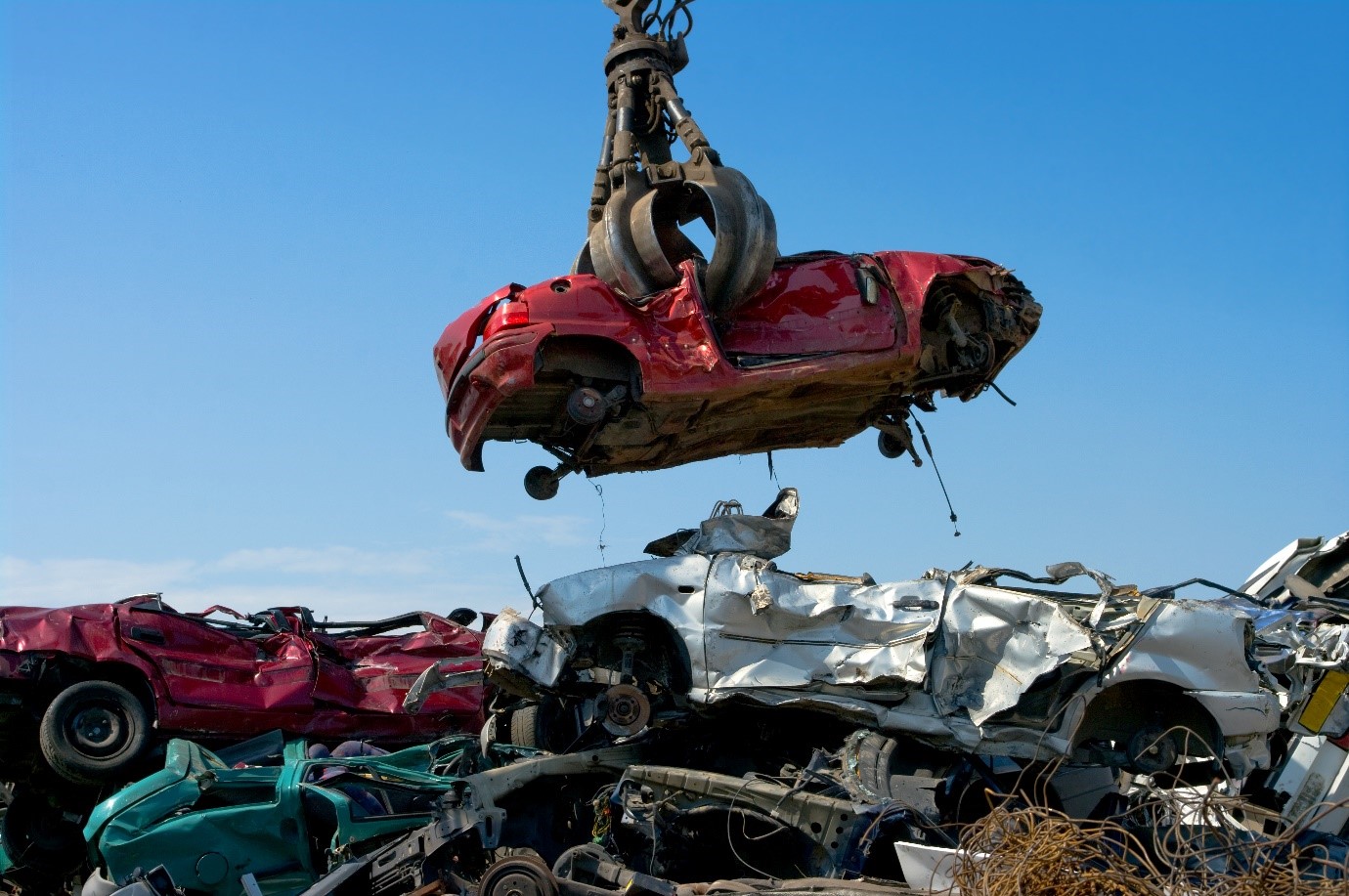In the European Union, end-of-life vehicles, or EVLs, produce seven to eight million tonnes of waste every year. Recycling cars, therefore, is vital. It’s also imperative to handle them properly in order to ensure the reduction of toxic waste in the environment. The disposal of such vehicles needs to be done by professionals who know how to dispose of hazardous substances like gasoline, coolants and break fluids.
Morecambe Metals are an authorised treatment facility, so we’re used to undertaking vehicle depollution and vehicle recycling and always follow the latest legislation. But what are the exact benefits of scrapping your car and getting it recycled?
Environmental Benefits
Steel is one of the main materials of a car; the majority of the components utilised to build it, including its framework, are made of steel. As iron is required to make steel, recycling vehicles helps to preserve iron ores. All waste that is produced as a by-product of refining steel is also prevented, ensuring that air pollution doesn’t increase.
Waste in landfills is an increasingly bigger issue as well. Through vehicle recycling, it’s possible to reduce the amount of waste present and guarantee that less dangerous chemicals seep into groundwater and permanently contaminate the soil.
The 2000 End-of-Life Vehicles Directive is a European Union directive that addresses the issues surrounding cars that have reached the end of their life. The legislation intends to prevent the use of certain heavy metals (like lead and mercury), to collect vehicles at the appropriate treatment facilities, to ensure consumers are aware of what to do if they have an ELV, to set reuse, recycling and recovery targets, and more.
Wildlife Protection
Another thing to consider is that responsible vehicle recycling can also help to protect the local flora and fauna. Steel mining is not eco-friendly and leads to soil pollution and erosion, which means animals are unable to maintain their normal habits, not to mention they can become unhealthy as well. Land erosion also causes sediment runoff into bodies of water, which impacts water quality and wildlife proliferation.
Landfills are also far from a species’ natural habitat, so animals (as well as plants) are not likely to survive and thrive in them – they take up a considerable amount of space as well, so animals’ habitats are becoming smaller.
It’s important to mention that car fluids and other materials do not decompose quickly. For instance, tyres take anywhere between 50 to 80 years to decompose and, during that time, they’re releasing contaminants into the ground and the air.
Reuse of Vehicle Parts
In addition to protecting the environment, vehicle recycling allows for the reuse of parts that help to conserve the finite resources on Earth. Not all recycled vehicles are in a state of no repair; on the contrary, some can still be driven on the road. However, if they’re using too much fuel or have become unsafe (or show any other signs that they’re ready for recycling), you may want to consider scrapping them.
Most EVLs will still have parts in good quality that can be reused for another vehicle. Conserving resources is vital; lithium was said to be in short supply back in 2016 and, now, in 2020, it’s estimated that production of the battery metal will triple by 2025 to over 1.5 million metric tonnes.
There is still some worry that a fall in upstream investment could result into another undersupply. Therefore, recycling guarantees the reintroduction of such materials into the market.
Conservation of Energy and Resources
Vehicle recycling ensures that steel is recycled instead of being newly manufactured, which helps to reduce the emission of greenhouse gases into the environment. It also helps to conserve energy, as melting down existing steel is more efficient than refining iron ores.
Recycling one tonne of steel preserves 2,500 pounds of iron ore, 1,400 pounds of coal and 120 pounds of limestone. This means that, with a car consisting, on average, of 65% of steel and iron, you can conserve a large amount of resources. Car bodies contain approximately 25% of recycled steel.
Other materials used to manufacture vehicles, such as plastic, can be very damaging to the planet and, as vehicles are mass produced, the production of new plastic utilises large amount of energy and new resources. Take a look at what can be recycled in a car to see all the different components that are transformed into new products.
Make Space
A major benefit of scrapping your car is, of course to free up space in your garage, driveway or parking spot. If you’re looking to purchase a new car, the last thing you want is for your ELV to be taking up room in your home, or to be rusting or leaking harmful substances in place. Instead, you can get some money for your end-of-life vehicle and remove it from your property all-together, right on time for your brand-new car.
At Morecambe Metals, we ensure that all vehicles are recycled properly and guarantee that every car is adequately disposed of to current standards and legislation. Our team is made up of professional and expert members who are aware of the potential environmental harm that end-of-life vehicles can cause and will make sure that all procedures are followed.
If you want to know more about how we can help you, or want to learn more about our scrap metal recycling processes or our vehicle recycling services, contact us today on 01524 69191. Our skilled team is happy to answer any questions you may have.




